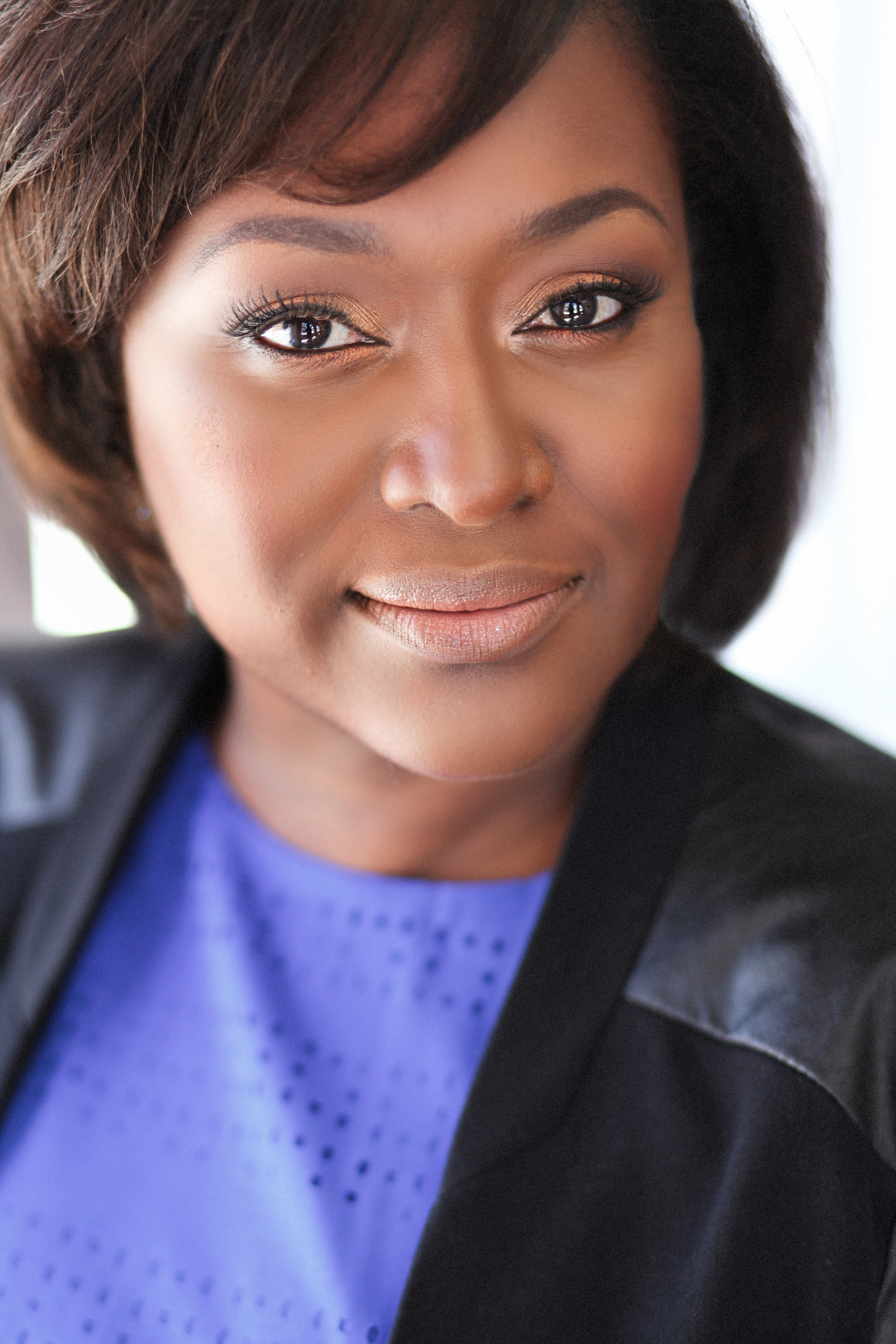I was on a video call for a community committee when my world started crashing. I had just spent the past 48 hours along with the rest of Black America facing the reality that another unarmed African American had been murdered. This was on the heels of the murder of a Black woman killed in her apartment, a Black man murdered while jogging, and a white woman falsely reporting a Black man for trying to “hurt” her.
As a leader in my community, I accept the responsibility that my response and reaction to moments is being watched. Others get their “next steps” and “response” by watching me.
“Before we start the meeting, let’s do our check-in.” the host of the meeting stated. This is the way we begin every meeting to gage everyone’s energy level.
“Please type in the chat how you are feeling,” she instructed us.
“RAGING AND TRYING TO LOVE,” I typed as the tightness in my chest grew stronger.
*
I reached out to my therapist for an emergency session to help me walk through my feelings. I wanted nothing more than to get myself back into a place of love and productivity.
“It sounds like these events have triggered your own trauma,” the therapist replied.
She was right — it did.
The rage that I felt was the reality that the murder of George Floyd is indicative of the extreme injustices against African Americans in multiple “spaces.”
*
I appreciate the increased outcry from my white colleagues and friends who have used their voices to advocate for justice, bring light to racism in America, and simply reach out to express their love and support for me personally.
I am also appreciative of the companies and organizations who are using their platforms as a voice against the mistreatment of Blacks.
There are brands like Ben & Jerry’s who have been using their platform to stand against racial injustice (racial justice is in their core values) or Nike for their support of Colin Kaepernick. Even the Starbucks, Googles and ABC corporations of the world, who were forced to address the issue because of incidents that propelled them into the spotlight. And, I cannot forget companies like, AT&T and McDonalds who have long supported our community with their financial resources.
While I applaud the efforts to have the conversations by several companies, it is simply not enough.
A Facebook post read, “I see a lot of corporate leaders sharing their so-called concern for hate and racism. Yet they are the same ones that overlook the Black and Brown for promotions, opportunities, and raises. Let’s see what real programs are established to foster change…”
According to a report by the Center for Talent Innovation in 2019, Black professionals held only 3.2% of executive jobs and only 0.8% of all Fortune 500 CEO positions.
In the same study, only 16% of the white professionals surveyed agreed that it is harder for Black professionals to advance in corporate America, compared to 65% of African Americans in the study.
*
The findings in this report are not new, the business case for diversity has been around for years now. Companies have spent billions on diversity, equity, and inclusion programs, and yet little has changed for African Americans.
The reality is that there is not enough intentionality within organizations to understand, embrace and promote African Americans. This negligence has a direct impact on our families and communities.
On May 29, 2020, the American Psychological Association issued a statement calling racism a pandemic. They also declared its toll on African Americans. The statement included the health consequences such as depression, anxiety, cardiovascular disease, and post-traumatic stress disorder.
When I read the statement by the A.P.A. president, I recalled the realities that I and many other African Americans face inside these corporations who claim to care and take up cause.
*
Discrimination, microaggressions, similarity bias, poor human resources management, intercompany politics, and company environments that “reward” code-switching are all a part of the structure that must be addressed to eliminate racism against Blacks in the workplace.
I often tell the story of when I received my first promotion into the executive ranks. I was determined to be an example of excellence in work ethic, achieving work success and elevating others. I am both proud of and disappointed in what I have been able to accomplish. I am proud because there are several people of color across multiple organizations who have grown their careers because of my influence, guidance, and platform. However, I am disappointed because I was met with resistance to getting to the root of the problem for sustained change and was isolated in the process.
I could do a series of books on the incidents of racism within the workplace that I experienced personally and helped other African Americans navigate over my 20-year corporate career. From discriminating against hair styles, dialect, the way we express our passion for our jobs and our communities, not being afforded an opportunity without any explanation of substance, to being isolated and outcast. The list is long, exhausting, and traumatic.
*
“Kenya… What can I do?” My text messages and social media inboxes have been flooded with this type of communication this week.
So, to my friends and colleagues in corporate America, be an ally.
- Start by taking a hard look at your practices for special assignments, hiring, and promotions. How do you measure success in your diversity, inclusion, and equity efforts?
- Look at the makeup of your most senior, highest earning positions in your company and assess the “true” value for the work that African Americans bring to your company.
- Create safe spaces within your organization to talk about the issues that plague Black communities.
- In your most uncomfortable moments with an African American, challenge yourself to take a step back and check your biases.
- Put your money, resources, and support behind events and causes unique to the African American community.
But before you do all of these things, admit that you have been an active participant in the systemic oppression that has impeded the progress of Blacks (in corporate America) with your silence, ignorance and efforts (lack thereof).
Like the phenomenal woman Maya Angelou said, “Do the best you can until you know better. Then when you know better, do better.”
It is all on you!
#itsachoice


